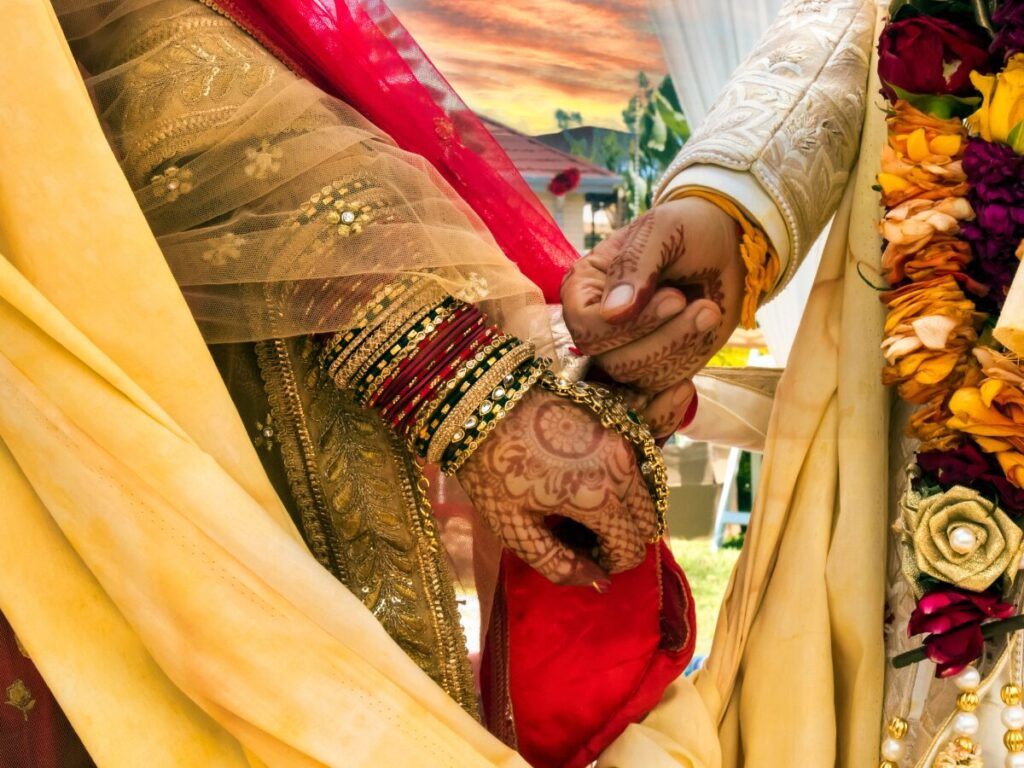In an extraordinary defence of the status quo, the Ministry of Home Affairs argued that classifying non-consensual sex between a husband and wife as “rape” would be “excessively harsh” and might, heaven forbid, upset the delicate conjugal relationship.
This bold stance comes in response to petitions urging the Supreme Court to scrap the outdated exception in India’s penal code, which essentially grants husbands the right to ignore consent. The government did graciously admit that a husband doesn’t have the *right* to force his wife into sex, but insisted there are already plenty of laws to “protect” married women from sexual violence. Why add rape to the mix? After all, doesn’t marriage come with an implicit expectation of sexual access?
Campaigners, who apparently fail to appreciate the sanctity of 19th-century marital values, argue that marriage should not erase a woman’s autonomy over her body. But the government seems more concerned about “preserving” the institution of marriage, as if the only thing keeping Indian marriages intact is the legal permission for men to violate their wives without fear of punishment.
This case has certainly highlighted the government’s deep respect for marital “privacy,” which seems to extend only as far as shielding abusive husbands from consequences. And as for women’s rights, well, they’ll just have to wait. After all, as the government points out, rape within marriage simply isn’t the same as rape outside of it. Context, apparently, is everything.
For the millions of women in India waiting for their basic human rights to be acknowledged, the message is clear: don’t hold your breath. The institution of marriage must be protected at all costs—even if it comes at the expense of your bodily autonomy.
